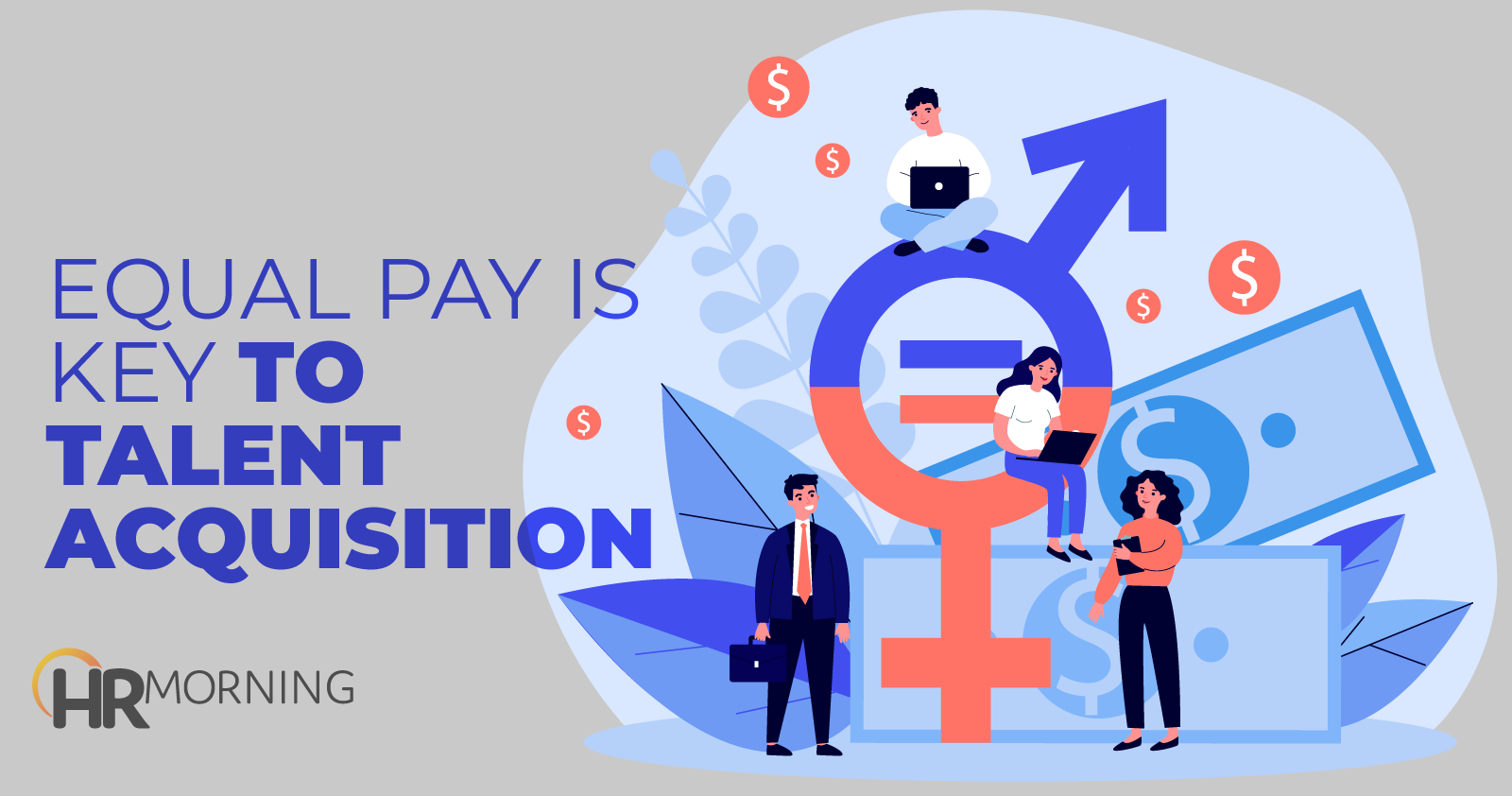In recent years, pay equity has become a top priority for employees. Women and minority workers want to make sure they’re being paid fairly, and some employers are taking action to guarantee that.
Salary history bans (prohibiting employers from asking candidates about past earnings) are one way to ensure people aren’t underpaid for their entire careers. Another method rising in popularity is salary transparency, allowing everyone to know what their colleagues earn. Both of these strategies help make sure employees are paid for the job they’re doing, without outside factors influencing salary decisions.
However, while these methods are effective, not too many employers are practicing them. According to a recent survey done by Salary.com, 65% of employers don’t practice any type of pay transparency, and 64% don’t advertise salaries in job postings.
Furthermore, only 34% of managers could explain how employees’ salaries are determined, and 37% of HR pros reported their companies are struggling to address pay equity.
Based on these results alone, many organizations have a long way to go before equal pay is achieved.
Top challenges
Pay equity is a complicated issue, and there are a variety of challenges HR may face while trying to address it.
Here are the top challenges, according to the Salary.com survey:
- Getting leadership to support pay transparency (35%)
- Incorporating an equal pay philosophy into the current company culture (14%)
- Not knowing how to conduct an equal pay analysis (14%)
- Inability to find the right tech and analysis tools (14%)
- Budget issues or competing priorities (13%), and
- Finding someone in HR who’s available to oversee pay equity efforts on a regular basis (7%).
Key to the talent shortage
It’s clear that pay equity isn’t an easy task to take on, but it’s more than worth the effort, especially now with the current talent shortage. A whopping 95% of employers see pay equity as a great way to recruit new talent and to stand out from competitors.
“A tight labor market has given employees and job recruits the upper hand in salary negotiations,” says senior compensation consultant at Salary.com, Garry Straker. “This survey makes it clear that HR pros appreciate the value of fair pay … however, it remains to be seen how quickly companies will execute on new pay strategies to meet heightened employee expectations.”


